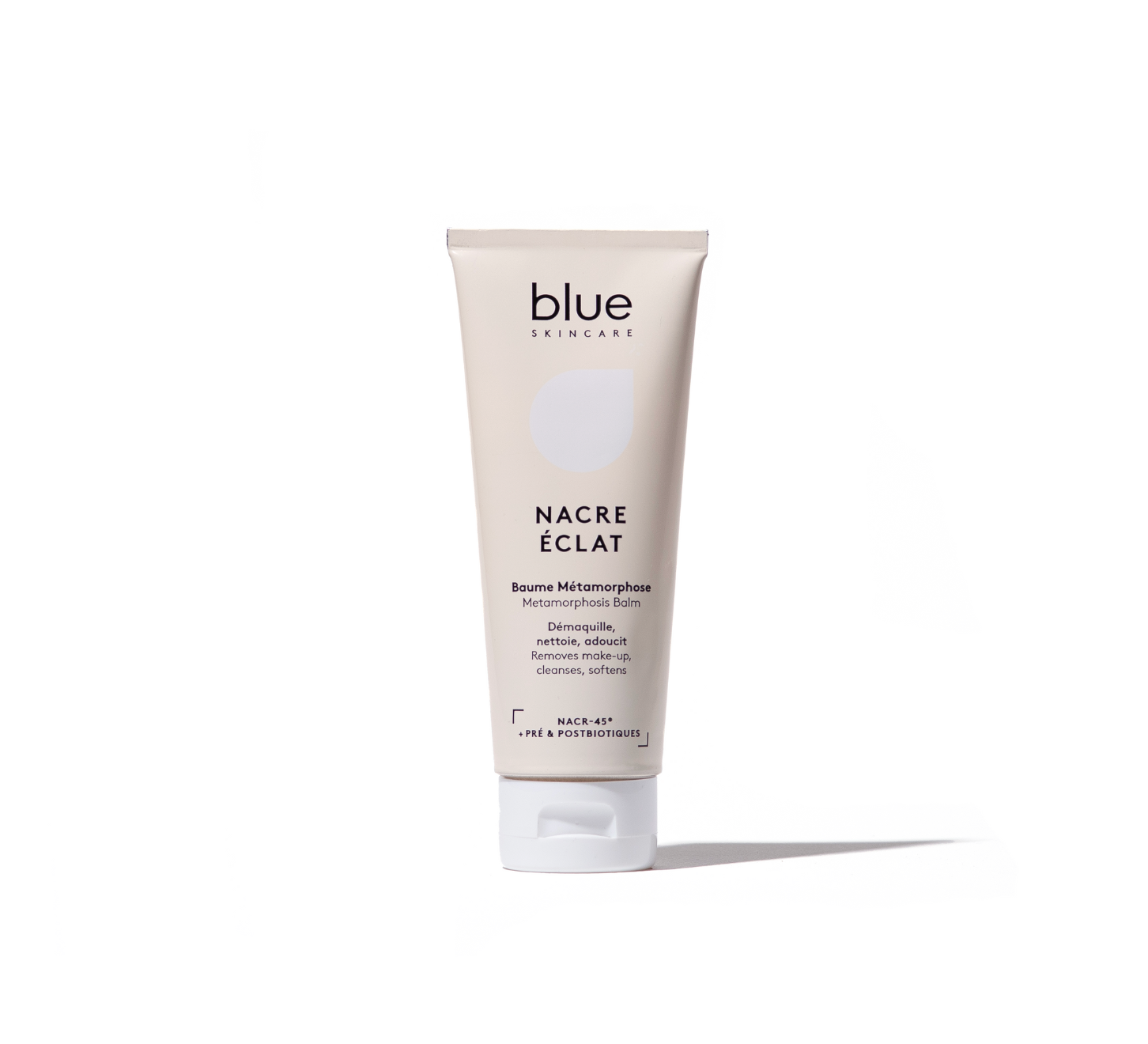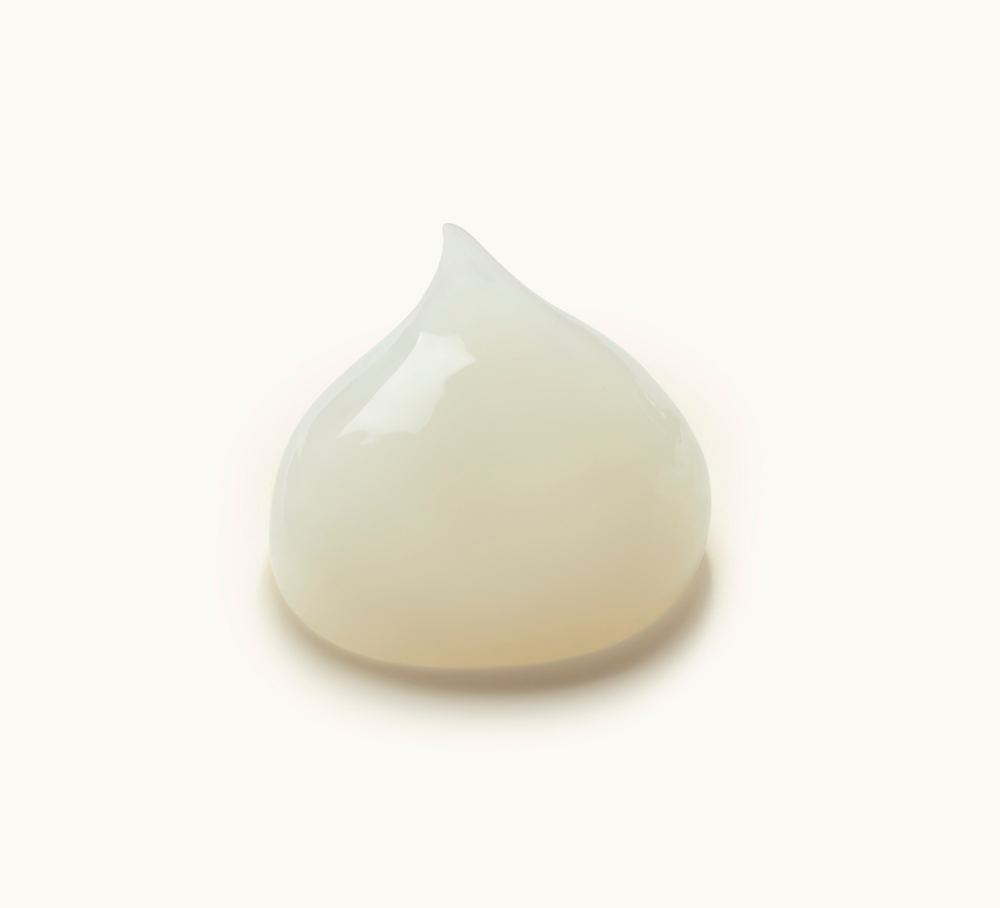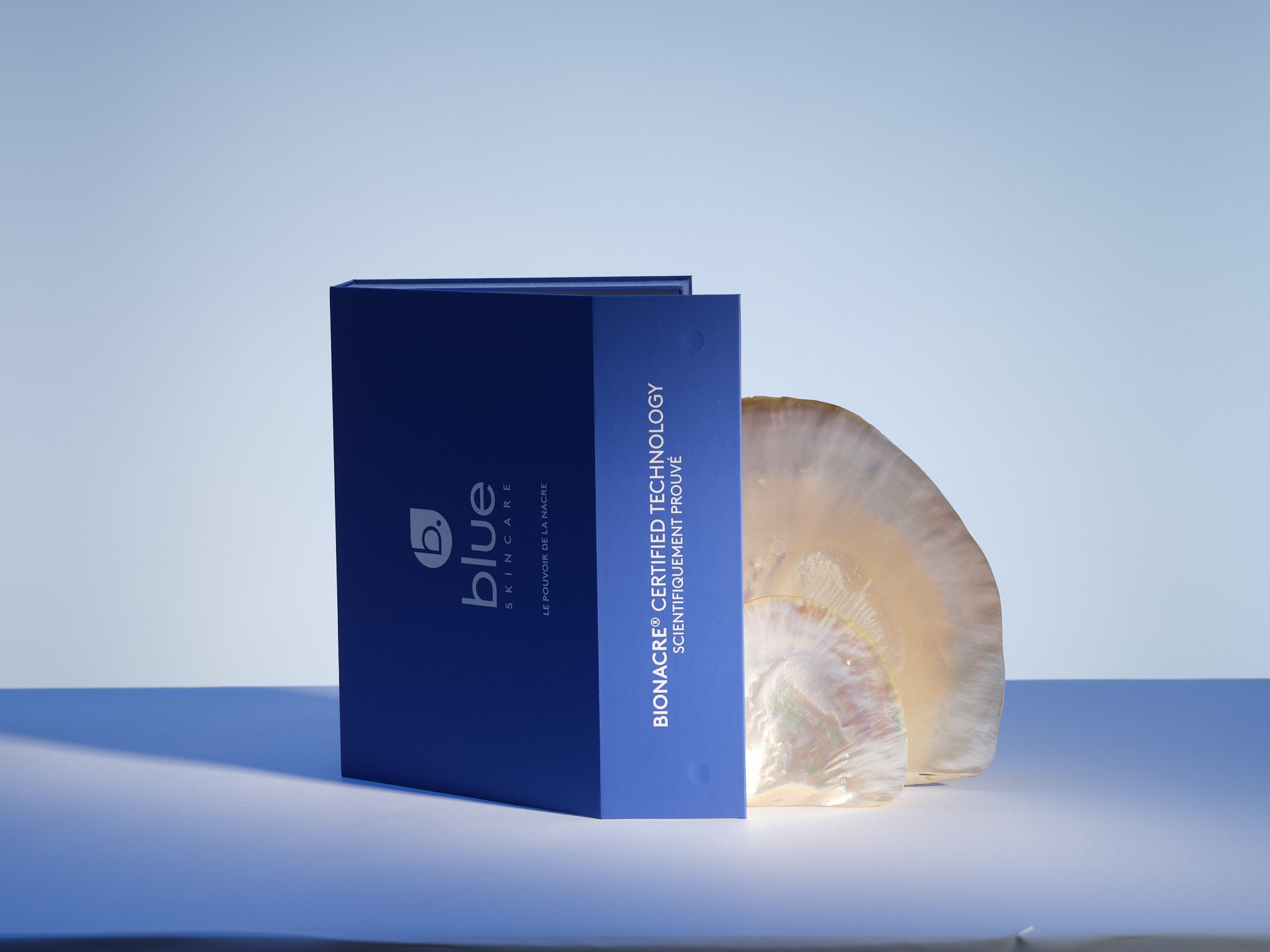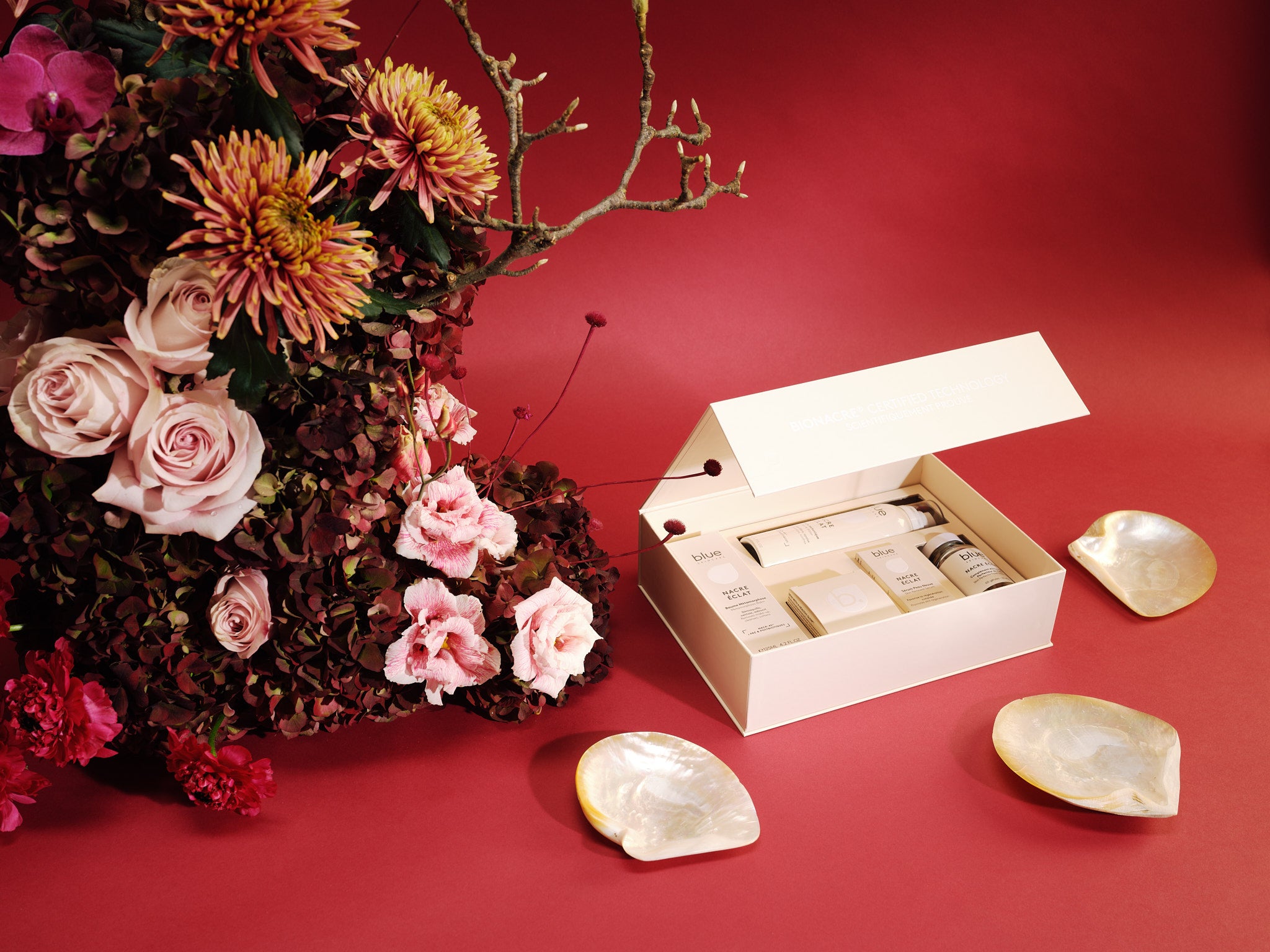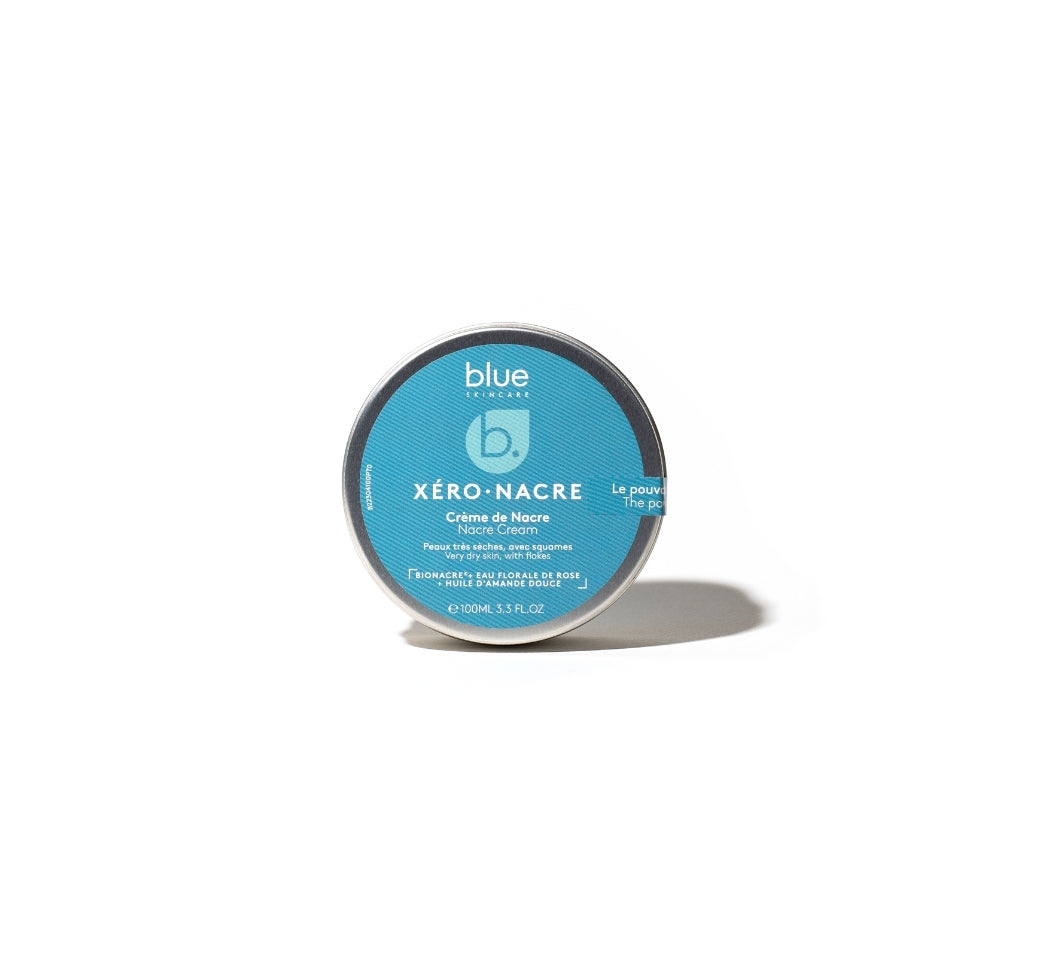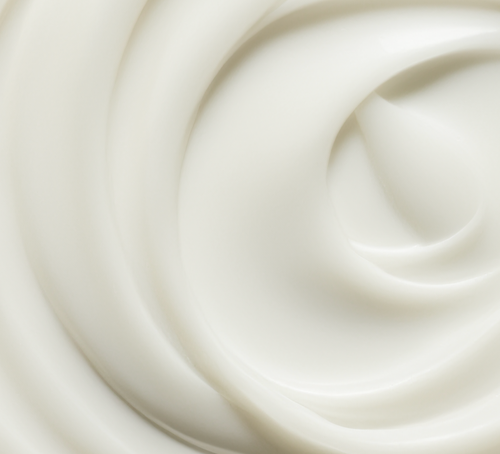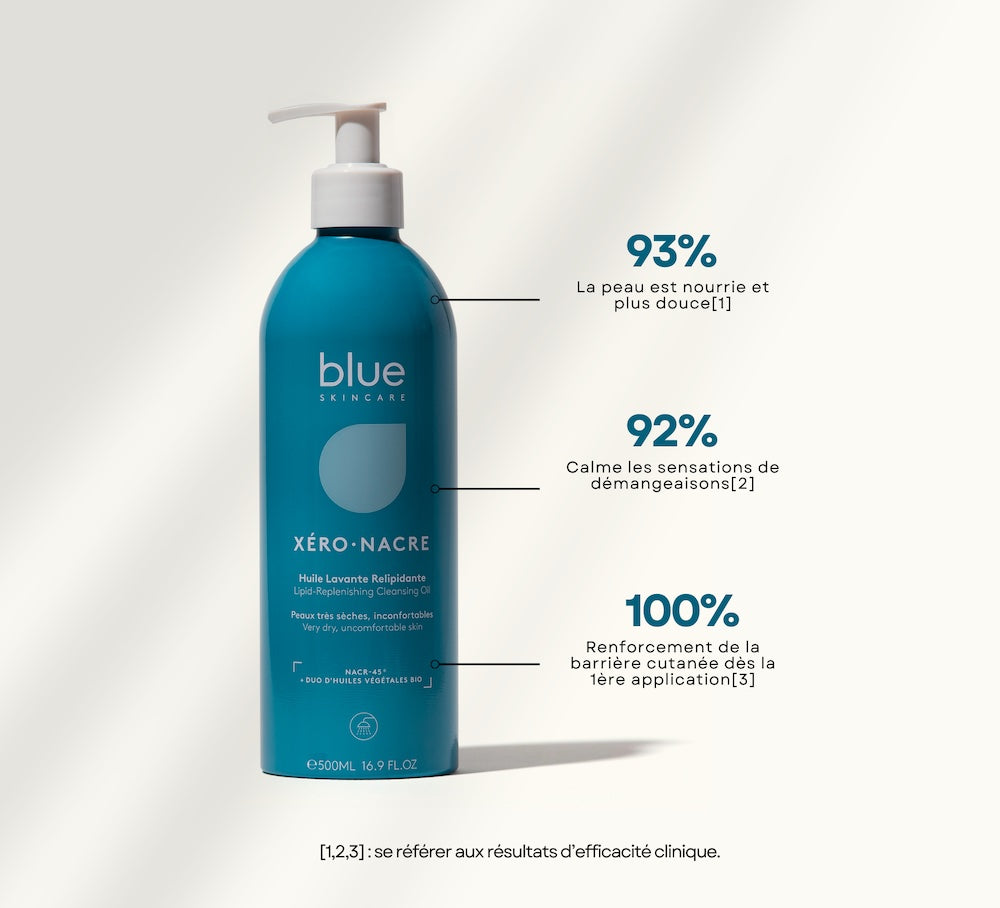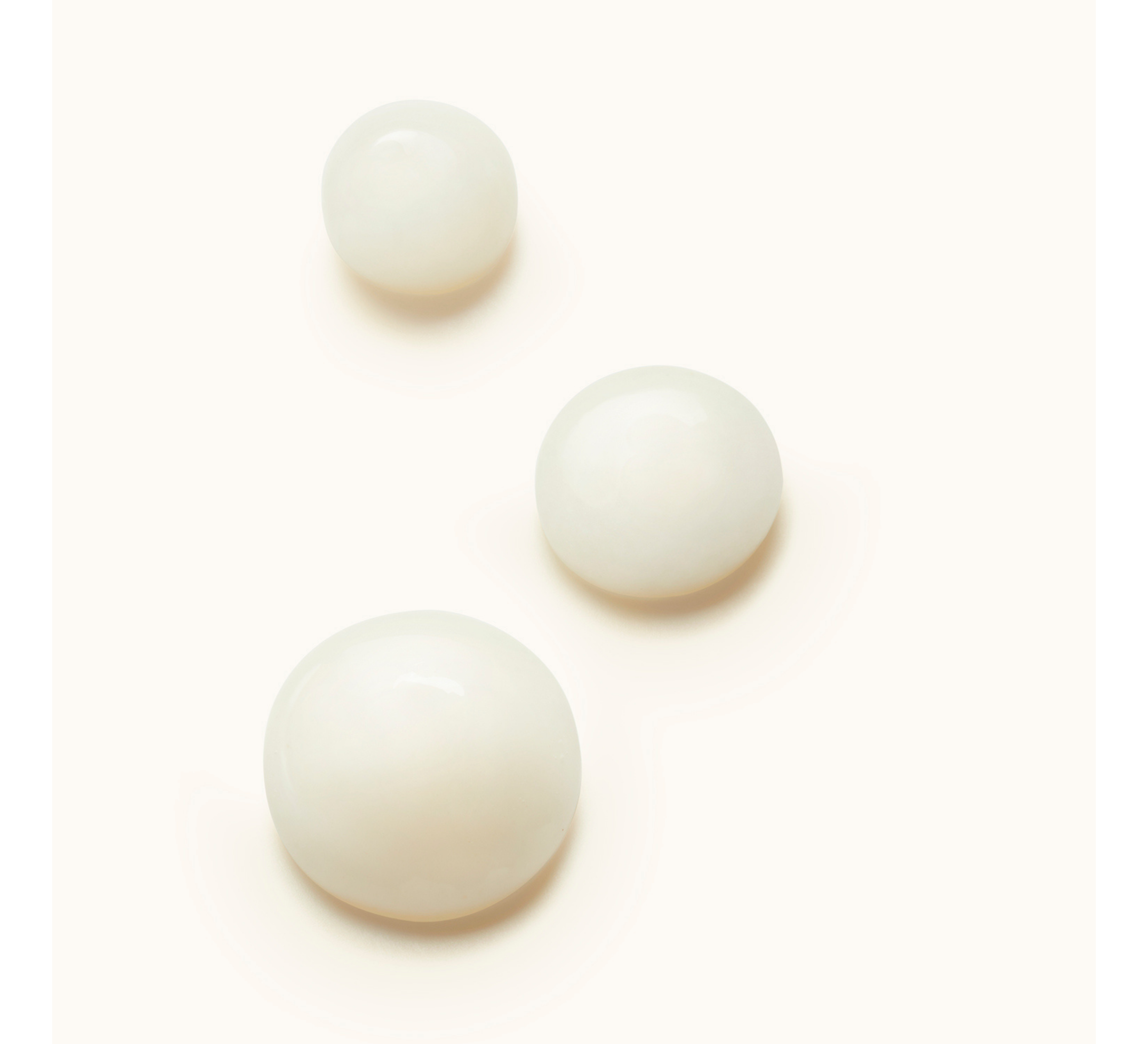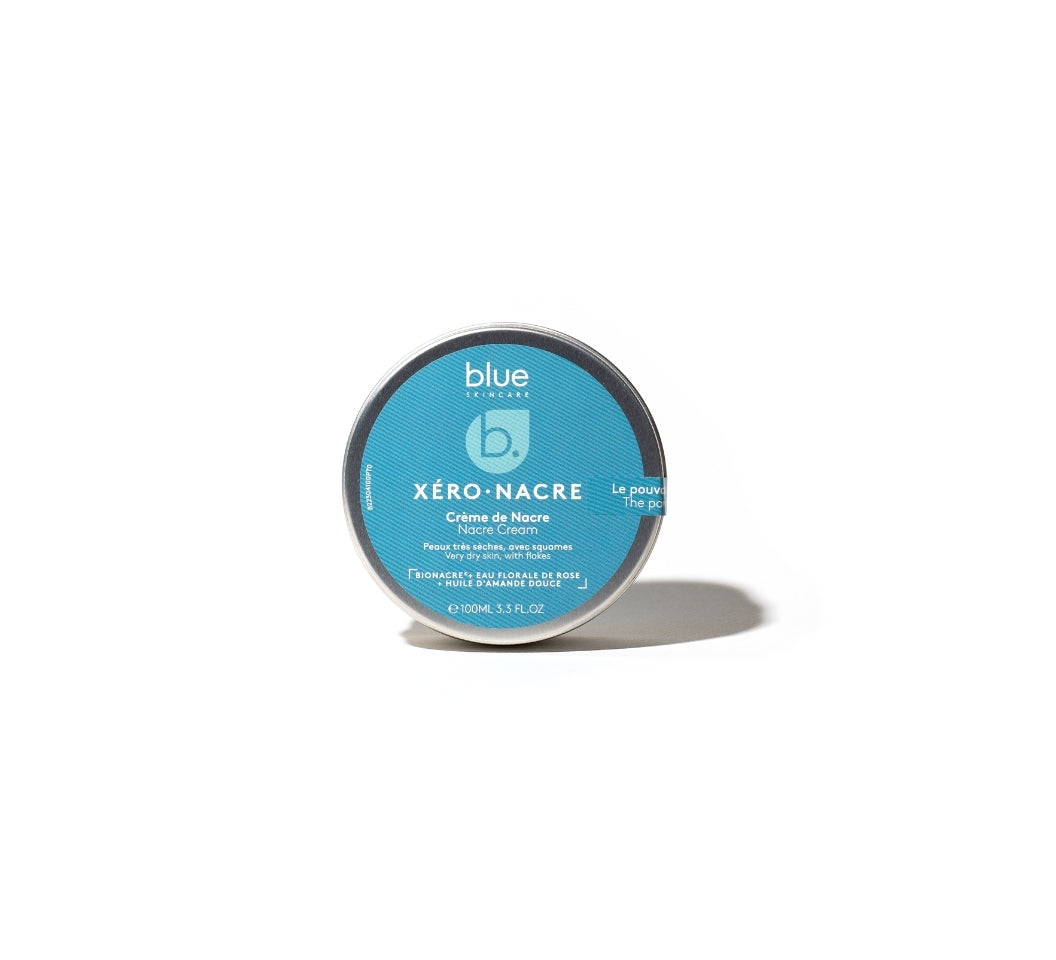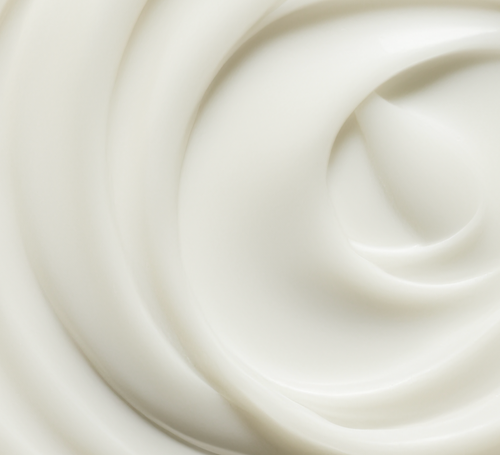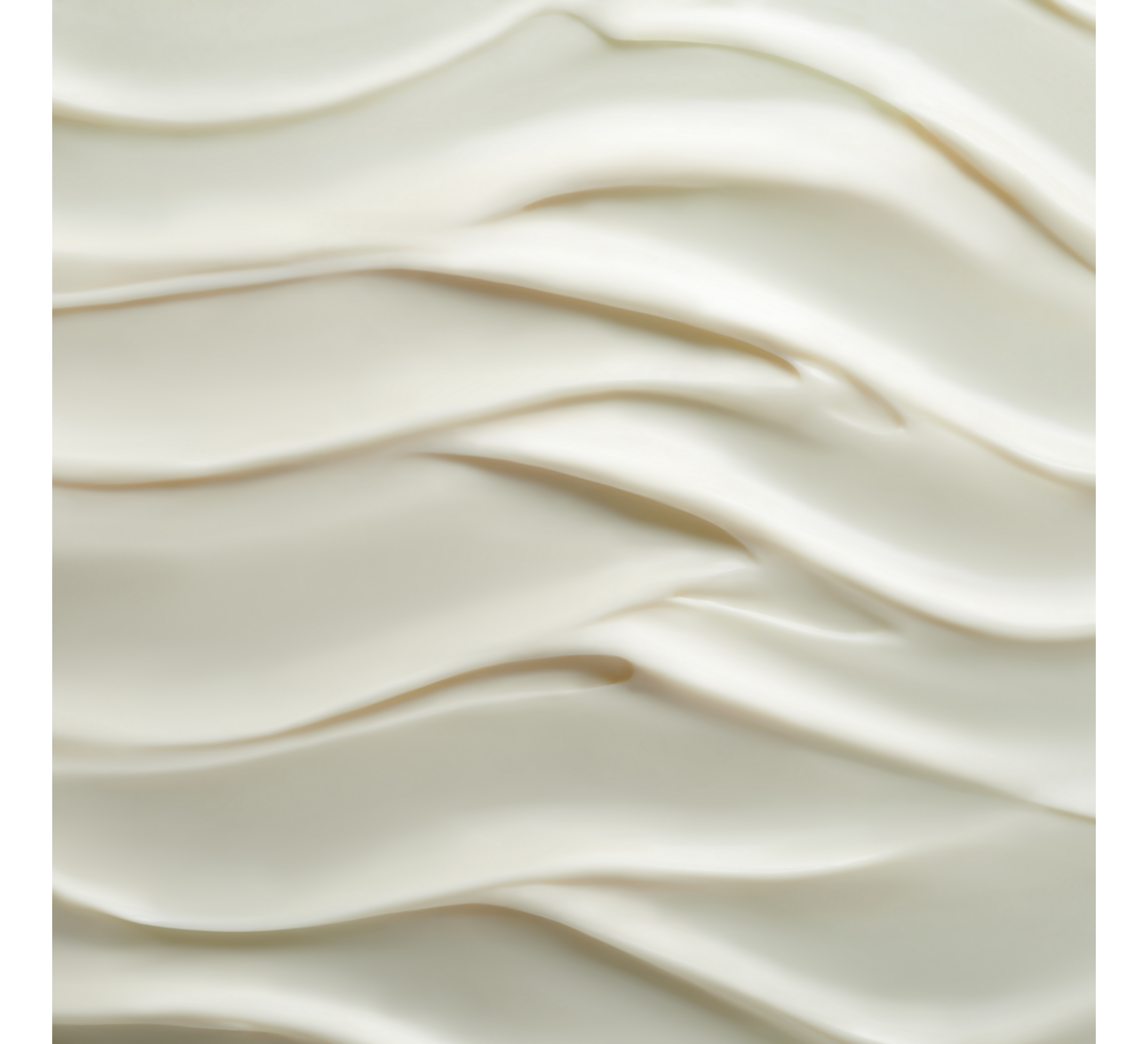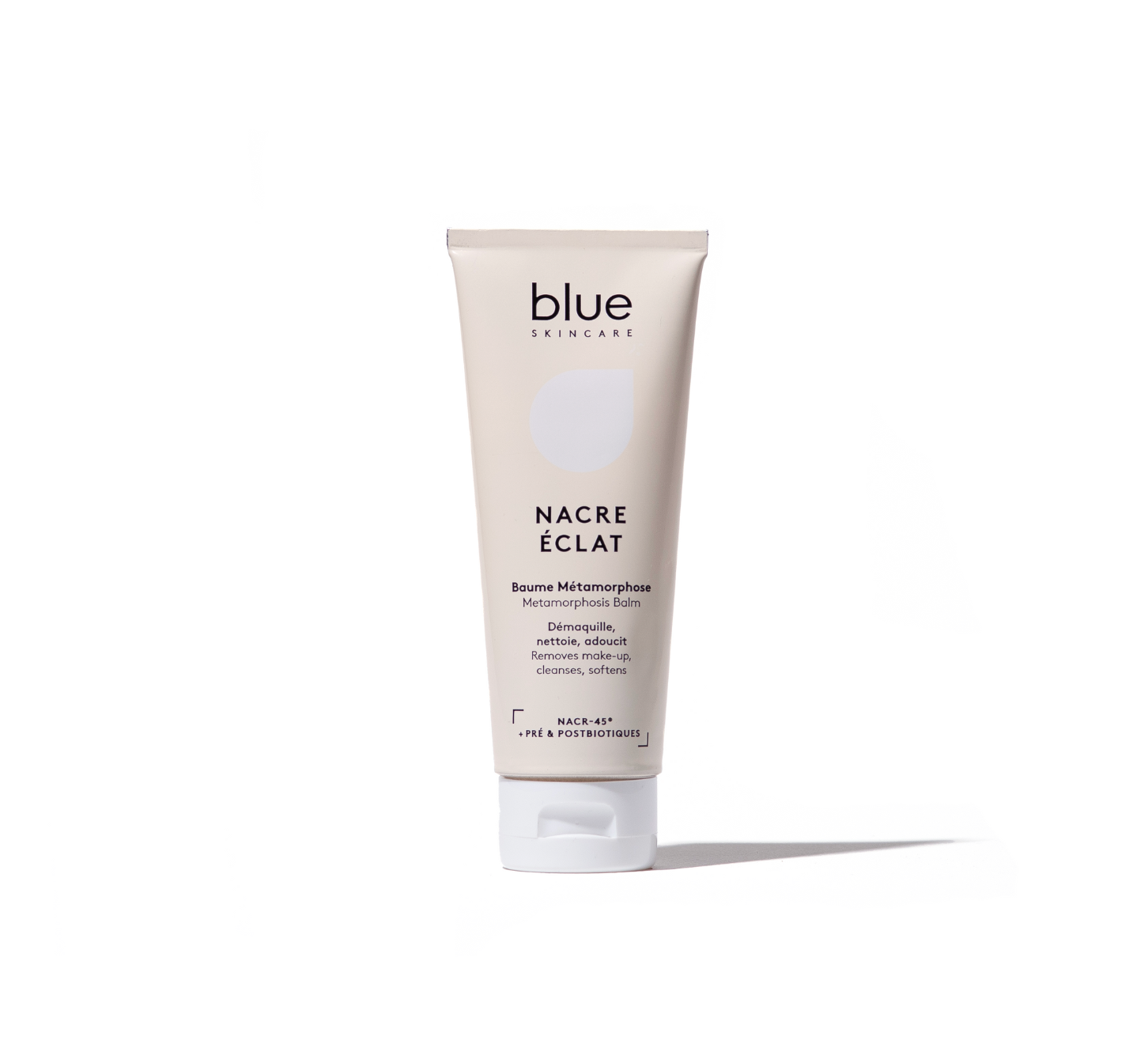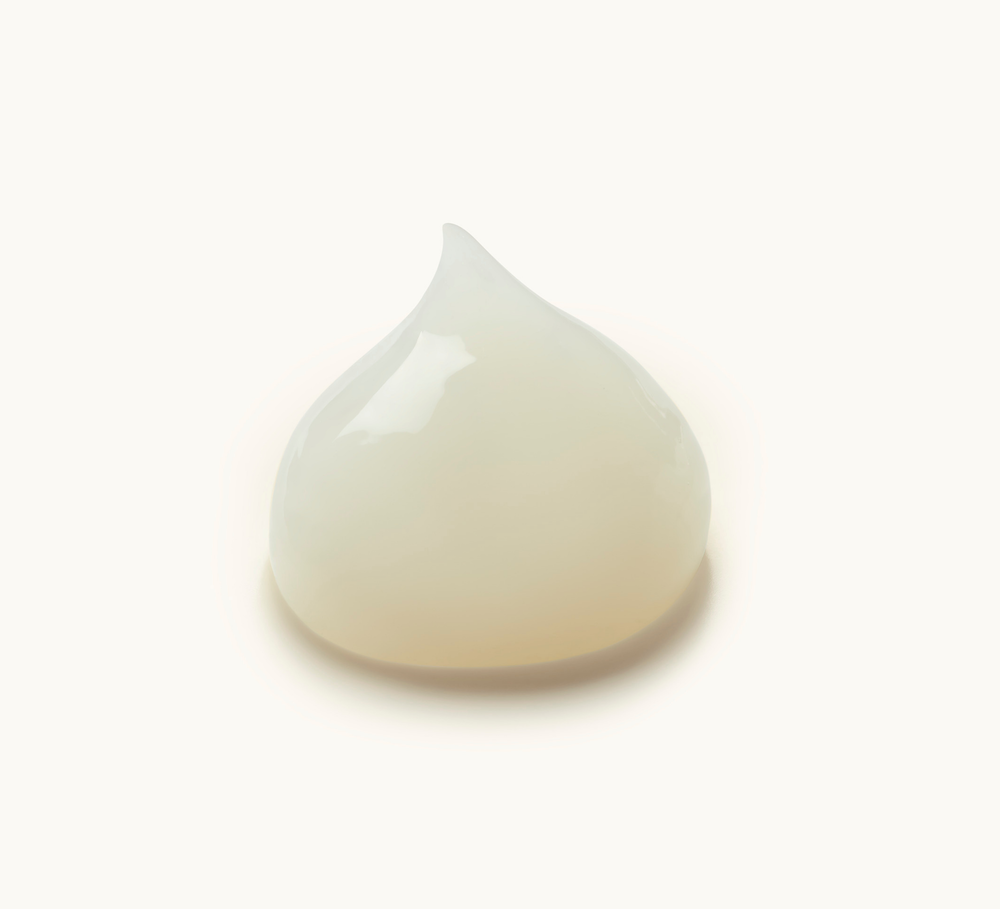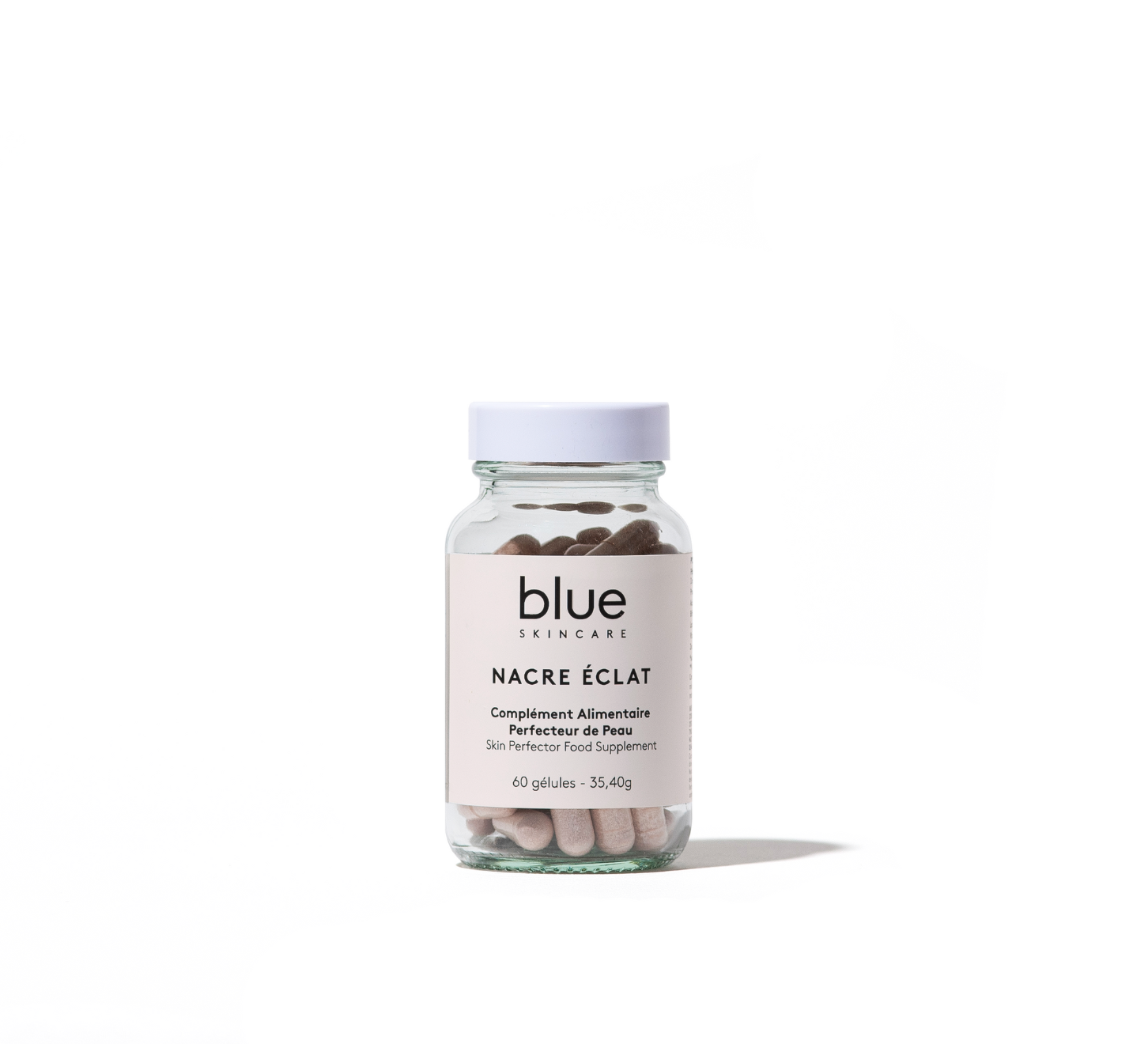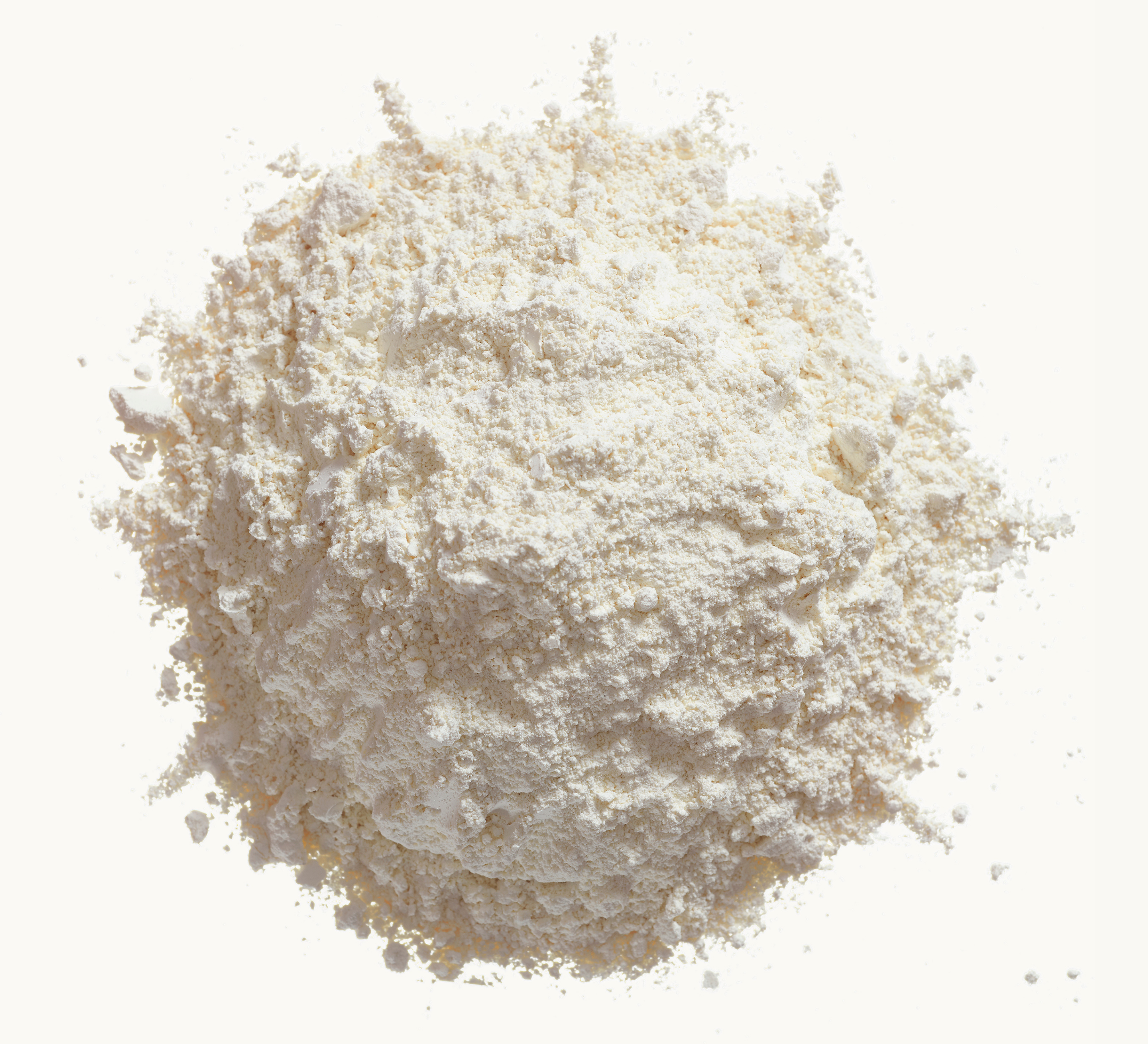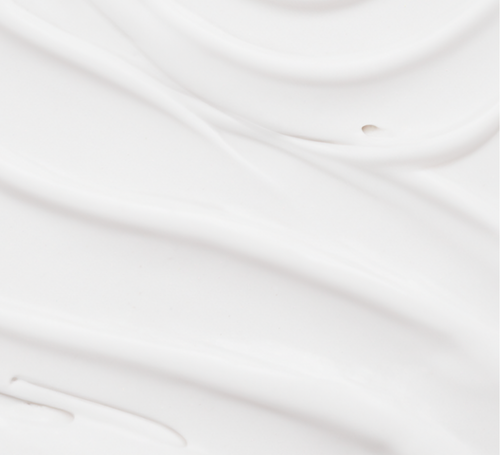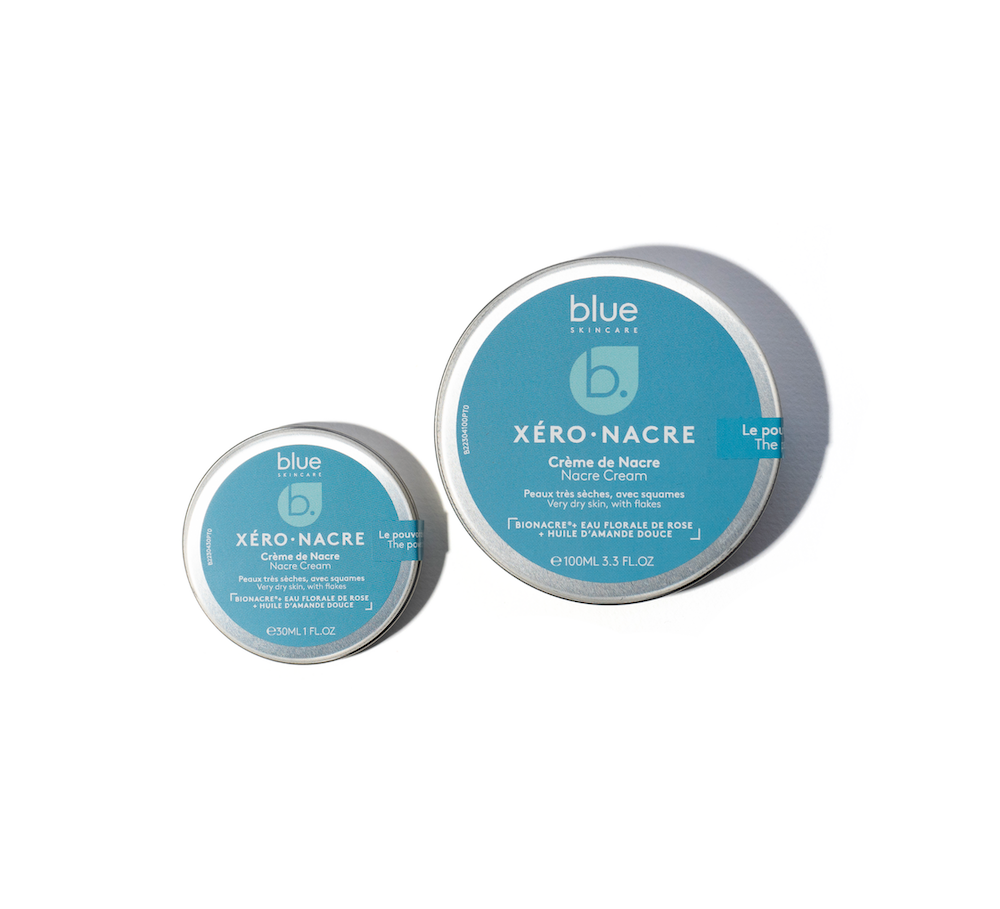The avocado is the symbol of healthy food par excellence: propelled to the rank of nutrition superstar for its many nutritional virtues, it is also found in several products as a guarantee of naturalness. But what about its cultivation and supply?
Avocado is rightly considered a superfood . With its good fats, unsaturated fatty acids, vitamins (E, K1, B5, B9, etc.), fiber, potassium, folate, copper, the avocado fruit (yes, avocado is a fruit) is also rich in antioxidants which gives it neuroprotective properties, in addition to many health claims, including its beneficial effect on the level of “bad” cholesterol, thanks to its oleic acid. It is so good for your health that it is even used in beauty products, so that your skin and hair can benefit from its benefits.
Lawyer Trend: Excessive Demand

This kitchen and bathroom staple is putting itself on display: it's everywhere on social media. This overexposure contributes to its notoriety and increases demand. The avocado is photographed in all its forms, from poke bowls to artistic slices that are recording record "likes". This fruit, which was voted the most popular food on the social network Pinterest in 2015, even has its own trend: shaved avocado promoted by Colette Dike (a culinary photographer based in the Netherlands) on her blog, then her Instagram account @fooddeco (115k followers). Her "food art" is thus dedicated to the naked avocado cut into thin slices organized for an artistic rendering: real edible paintings whose supply no one questions. An image containing food, interior, refrigerator, household appliances
The avocado, an ecological disaster

Having remained discreet for a long time, the avocado is now facing an exponential demand that has caused it to fall into a global trade with serious consequences. The explosion in its cultivation and transport has a harmful impact on the environment . Growing avocados requires the use of a lot of pesticides in the countries where it is grown, such as Mexico. And in addition, the avocado tree is a very water-hungry tree. It is estimated that a kilo of avocados requires around 1,000 litres of water. Grown in hot countries due to their climate, avocado crops have multiplied to the point of drying up the water tables, as in South Africa. Near Johannesburg, the Limpopo region has never been so short of water... while the ZZ2 farm, located in this area, is one of the largest exporters in Europe. This farm required the construction of a 30-kilometre-long aqueduct to capture water from the mountains and transfer it to the farm. So much so that this lack of water reduces the cultivation of corn that the country must now import, that cattle die of thirst, and that some South Africans still do not have running water. The same process is happening in Petorca, Chile, where the cultivation of avocados is responsible for the drying up of the river and prevents other farmers from having access to water. Finally, the expansion of crops leads to the deforestation of thousands of hectares, particularly in Latin America and Mexico, where entire forests are criminally burned to be able to cultivate avocados.
Avocado, a terrible carbon footprint
Finally, the carbon footprint of avocados is catastrophic because of transport. To bring avocados from producing countries to consumer countries (mainly Europe and the United States), they must travel by boat for almost a month, in refrigerated rooms, which requires a lot of energy consumption, and a high emission of pollution and CO2. But the impact does not stop there: once they arrive in the Netherlands, the avocados must be gradually warmed up to room temperature. The fruits spend about a week there to ripen them artificially using ethylene. Indeed, avocados naturally produce this gas, especially when they are near a heat source, which explains why we can help this fruit ripen by wrapping it in newspaper or placing it in the sun (or on a radiator). Finally, the avocados are sorted by workers at a hellish pace: 52 fruits per minute, according to a rather unflattering investigation by the newspaper “Zeit”. And what’s more, the fruits that don’t have the right shape (they must be identical) are simply thrown away.
Should we stop using avocados for the sake of ecology?
Mexico's "green gold" has thus been transformed into a "blood diamond". We must question the origin of the avocado and limit its consumption in part. We can turn to organic and as local as possible, for the French it will probably be Corsican avocados. We must also remember that the avocado is an exotic fruit whose season must be respected, like chef Romain Meder, who chooses French and Corsican, and only during their season. Smaller, they are also less common and more expensive, for a slightly less creamy flavor. The most ecologically committed can choose to do without them, like starred chef Florent Ladeyn who only uses local products, or Marlette cafés who have chosen to remove avocado from their menu for ecological reasons.
You have understood, most of the time the avocado that you will have in front of you will not be, but then not at all clean …. This is unfortunately the lot of many products when demand explodes. We must return to moderation by considering these products as luxury products whose consumption must remain rare.
